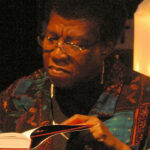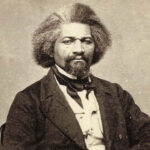
Remembering Octavia E. Butler
Make no mistake, Octavia E. Butler was among the greatest American authors of the twentieth century. The intervening years have seen Butler’s work reclaimed by literary critics, scholars, and the reading public at large, but the fact remains: She was always terrific, even when too few people affirmed this judgment in the public square.









